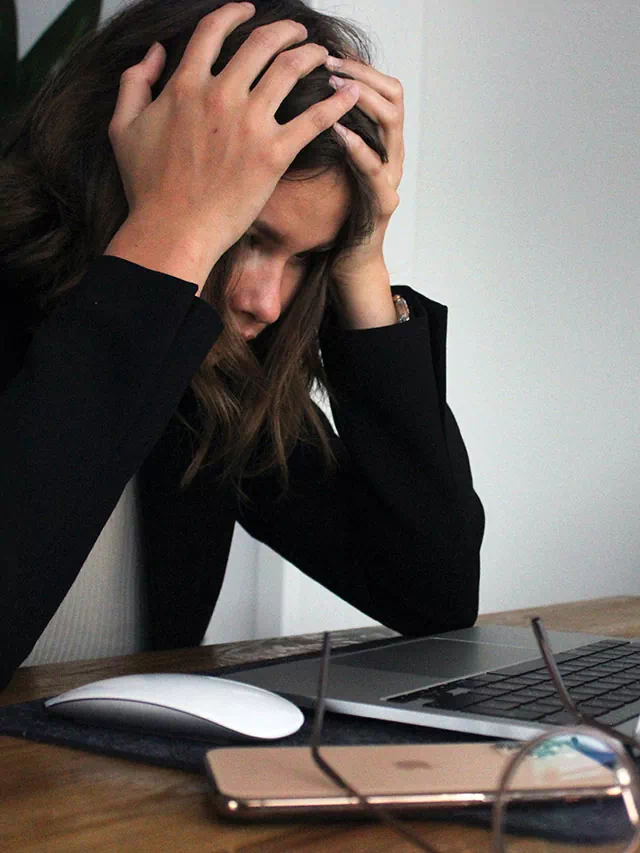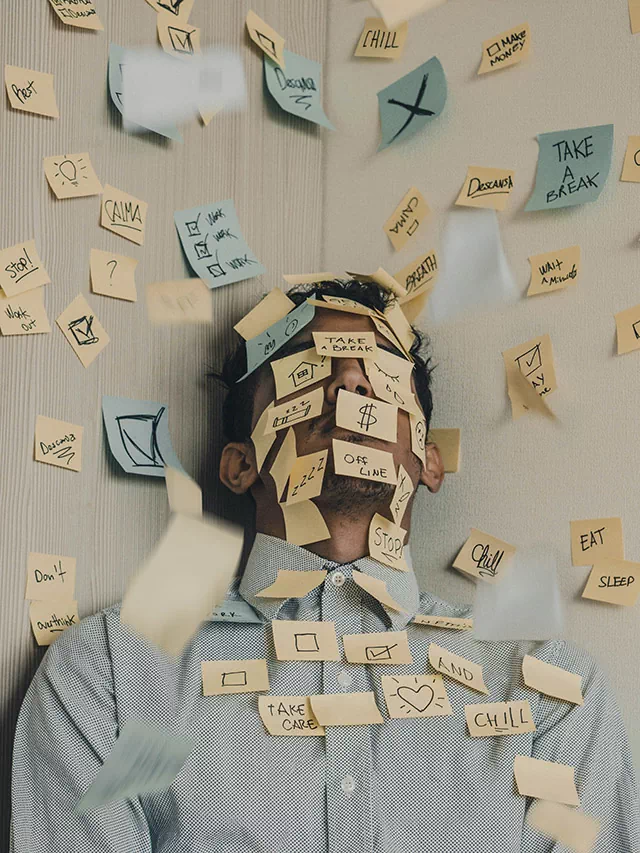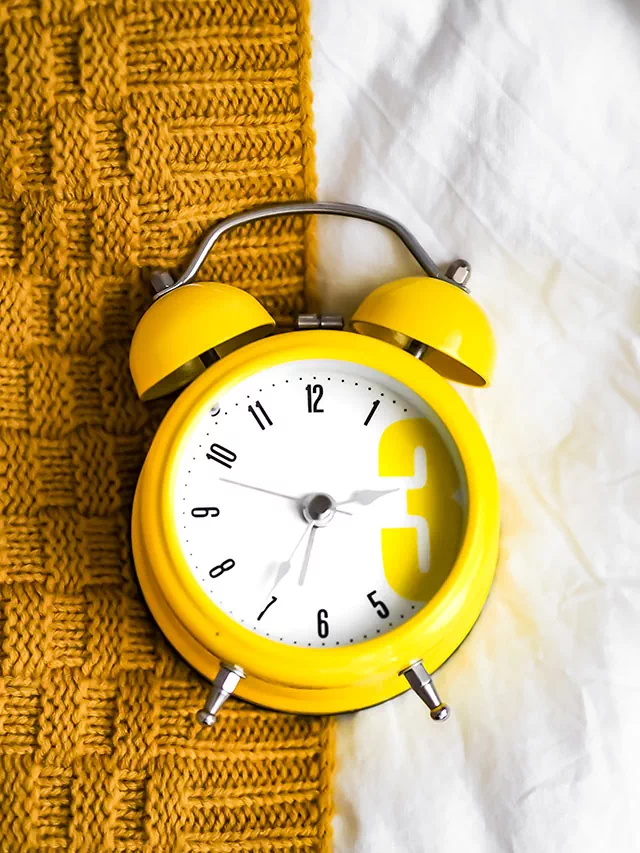Anxiety is a common issue that affects many people, and it can have a significant impact on their quality of life. While there are many treatment options available, there are also many simple life hacks that can help to reduce anxiety. These life hacks can be incorporated into daily routines and can help to reduce stress, promote relaxation, and improve overall mental health. Here are some life hacks for reducing anxiety:
Practice deep breathing:
Deep breathing is a simple technique that can be done anywhere and anytime. It involves taking slow, deep breaths in through the nose and out through the mouth. This can help to slow down the heart rate and promote relaxation.
Exercise regularly:
Exercise is a great way to reduce anxiety. It can help to release endorphins, which are natural mood-boosting chemicals in the body. Exercise also helps to reduce muscle tension and promote relaxation.
Get enough sleep:
Lack of sleep can increase anxiety levels. It is important to get enough sleep each night to ensure that the body is well-rested and able to cope with stress.
Practice mindfulness:
Mindfulness involves being fully present in the moment and paying attention to one’s thoughts, feelings, and surroundings. It can be practiced through meditation, yoga, or simply by focusing on the present moment.
Limit caffeine and alcohol:
Caffeine and alcohol can both increase anxiety levels. It is important to limit or avoid these substances to reduce anxiety.
Take breaks from technology:
Technology can be a source of stress and anxiety. It is important to take breaks from technology and engage in other activities, such as reading or spending time with loved ones.
Eat a healthy diet:
A healthy diet can help to reduce anxiety. It is important to eat a balanced diet that includes plenty of fruits, vegetables, and whole grains.
Connect with others:
Connecting with others can help to reduce anxiety. It is important to spend time with friends and family, or join a support group to connect with others who may be experiencing similar issues.
Practice self-care:
Self-care involves taking care of oneself, both physically and mentally. This can include taking a relaxing bath, reading a book, or engaging in any activity that promotes relaxation and stress relief.
Seek professional help:
If anxiety is interfering with daily life, it is important to seek professional help. A mental health professional can help to develop a treatment plan that is tailored to the individual’s needs.
Create a routine:
Having a routine can help to create a sense of structure and predictability, which can be reassuring for those with anxiety. Try to establish a daily routine that includes time for work, exercise, self-care, and relaxation.
Keep a journal:
Writing down thoughts and feelings in a journal can be a helpful way to process and cope with anxiety. It can also be a way to track progress and identify triggers.
Practice positive self-talk:
Negative self-talk can increase anxiety levels. It’s important to practice positive self-talk, which involves replacing negative thoughts with positive ones. This can help to reduce anxiety and improve self-esteem.
Engage in creative activities:
Engaging in creative activities, such as painting or writing, can be a helpful way to reduce anxiety. These activities can be therapeutic and provide a sense of accomplishment.
Use aromatherapy:
Aromatherapy involves using essential oils to promote relaxation and reduce stress. Scents such as lavender, chamomile, and bergamot are known for their calming properties.
In conclusion, anxiety can be a difficult issue to deal with, but there are many simple life hacks that can help to reduce anxiety. These life hacks can be incorporated into daily routines and can help to promote relaxation, reduce stress, and improve overall mental health. By practicing deep breathing, exercising regularly, getting enough sleep, practicing mindfulness, limiting caffeine and alcohol, taking breaks from technology, eating a healthy diet, connecting with others, practicing self-care, and seeking professional help if needed, individuals can reduce their anxiety levels and improve their overall well-being.






